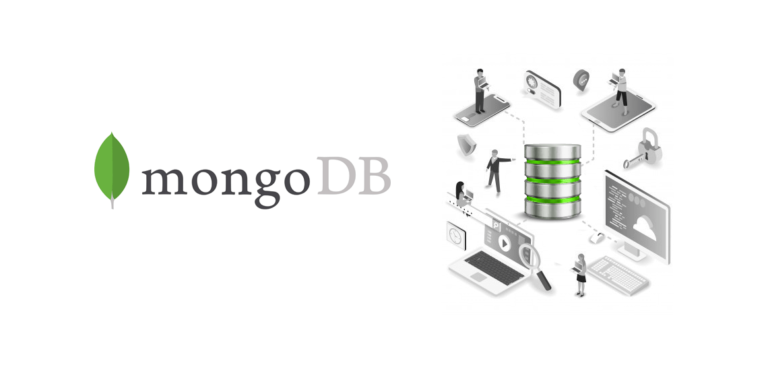What Is MongoDB? Identify The Advantages For Enterprise Application Development

In the past few years, databases have undergone a tremendous revolution, with relational and structured databases being replaced with the unstructured and non-relational ones. The replacement allows companies to grow with agility and allows them to reduce the resources managing the databases. This makes their enterprises powerful while reducing the overhead costs that come with relational databases. The complexity of database systems has also reduced majorly.
A lot of enterprises are moving towards these new databases, such as MongoDB, which is also a document database.
Before we understand the advantages of opting for such databases, let’s understand what MongoDB is.
MongoDB: A Brief Introduction
MongoDB makes the business scalable and agile and is currently leading the NoSQL databases. Some of the statistics mentioned on the MongoDB website itself suggest how it has improved the scalability of the businesses.
For instance, Telefonica has improved the storage costs by 67% and its performance has become 100 times better with the inclusion of MongoDB. MetLife too has developed a 360-degree view by including over 100Mn customers in a single quarter with the help of this database.
Salesforce has fast-tracked its marketing cloud’s roadmap by a year with the database. Mailbox has expanded to over 1Mn people within a week. All these are just some of the examples of how MongoDB has become popular and has helped enterprises grow.
Let’s understand the structure and design of MongoDB, and how it benefits the enterprise applications.
- The architecture of the database is designed to evolve with the needs of enterprise applications. Hence, it meets your virtualization and cloud computing requirements.
- With MongoDB at the core of the applications, the development methods have changed. Developers have started opting for iterative development, which helps stay competitive.
- The database can handle all sorts of data shapes, structured and semi-structured as well as the unstructured object style polymorphic data.
- In line with the exponential explosion of the data, organizations have showcased the ability to handle several terabytes of data, which amounts to thousands of queries in milliseconds being sent and received across millions of users. Predictability does not exist in the data forms of today’s digitized age.
If you were to see the businesses in today’s time and age, you would realize that the open-source and agile database is being used by a broad range of applications. The database, despite being unconventional, offers a range of functionalities that come with the traditional databases. In fact, it is a full-query language with a secondary index.
Depending on the need, you can scale the MongoDB database to suit the complex servers or the high-level multi-site architecture. They use in-memory computing to offer the high-performance read/write required for the enterprise application.
Use cases for MongoDB
Here are a few applications of MongoDB.
- BigData: BigData helps make sense of the ever-evolving and fast-changing data that comes from a wide range of sources, and cannot be understood using the conventional infrastructure or skills and technologies. The data in this technology can be easily handled and skillfully maneuvered using MongoDB.
- Collaboration Apps: Interactive and shared user activity apps indicate the requirement of a database that can handle the different sources of data as well as the different types and volumes of data. The collaboration app is one of the best use cases for MongoDB.
- Content Delivery: Apps that store large amounts of content, including metadata are known as content management apps. Some of the examples of these apps include websites, document management applications, web content, eCommerce sites, etc.
- Mobile Apps: The seamlessness of the backend for mobile apps is guaranteed with the inclusion of MongoDB.
- DBaaS: The Database as a Service offers on-demand access to write, read and store the data, which also requires a high-end database such as MongoDB for speed and agility.
Summing up
MongoDB is growing to become one of the best enterprise databases, meant for quick access to data, and conditioning itself to meet the evolving nature of data.
If you want to improve the agility of your enterprise with MongoDB, connect with Coruscate. We have been working on perfecting the MEAN stack, and have delivered successful projects with these technologies.
Note: We do not make clones of any exact application, clone means to us is how better we can execute your app idea with existing app features and experience.




